In an effort to incentivize players to purchase in-game items, Activision has been granted a patent for a system that could artificially impact matchmaking variables in order to increase sales.
A patent gives an individual or party the sole ownership rights to an invention. Activision’s patent (which has the working title of “System and method for driving microtransactions in multiplayer video games”) allows them to tamper with the matchmaking process in its games if a player has recently purchased an in-game item.
According to the patent, if players are able to do really well in the matches they play shortly after buying a skin for say, a specific gun, it will give “the player an impression that the particular weapon was a good purchase.” This will, in effect “encourage the player to make future purchases to achieve similar gameplay results,” according to the patent’s authors.
After the patent was awarded to Activision on Oct. 17, Rolling Stone’s gaming vertical Glixel published a report about it. In a response, Activision wrote to Glixel that: “This was an exploratory patent filed in 2015 by an R&D team working independently from our game studios. It has not been implemented in-game.” This has been further corroborated by Sledgehammer Games’ development officer Michael Condrey, who wrote that he was not aware of the patent, and that it hasn’t been implemented in Activision’s Call of Duty: WWII—currently in development by Sledgehammer. Additionally, Activision’s Destiny 2 also doesn’t have the system implemented.
Even other Activision titles which feature microtransactions, such as Blizzard’s Overwatch, don’t seem to offer any any in-game incentives based on their purchase.
The discovery of the patent came only a week after Electronic Arts received substantial backlash for its controversial implementation of microtransactions in its upcoming title Star Wars: Battlefront 2. It seems to suggest that players have gotten significantly less welcoming of microtransactions, which has been getting more and more pervasive among mainstream games.



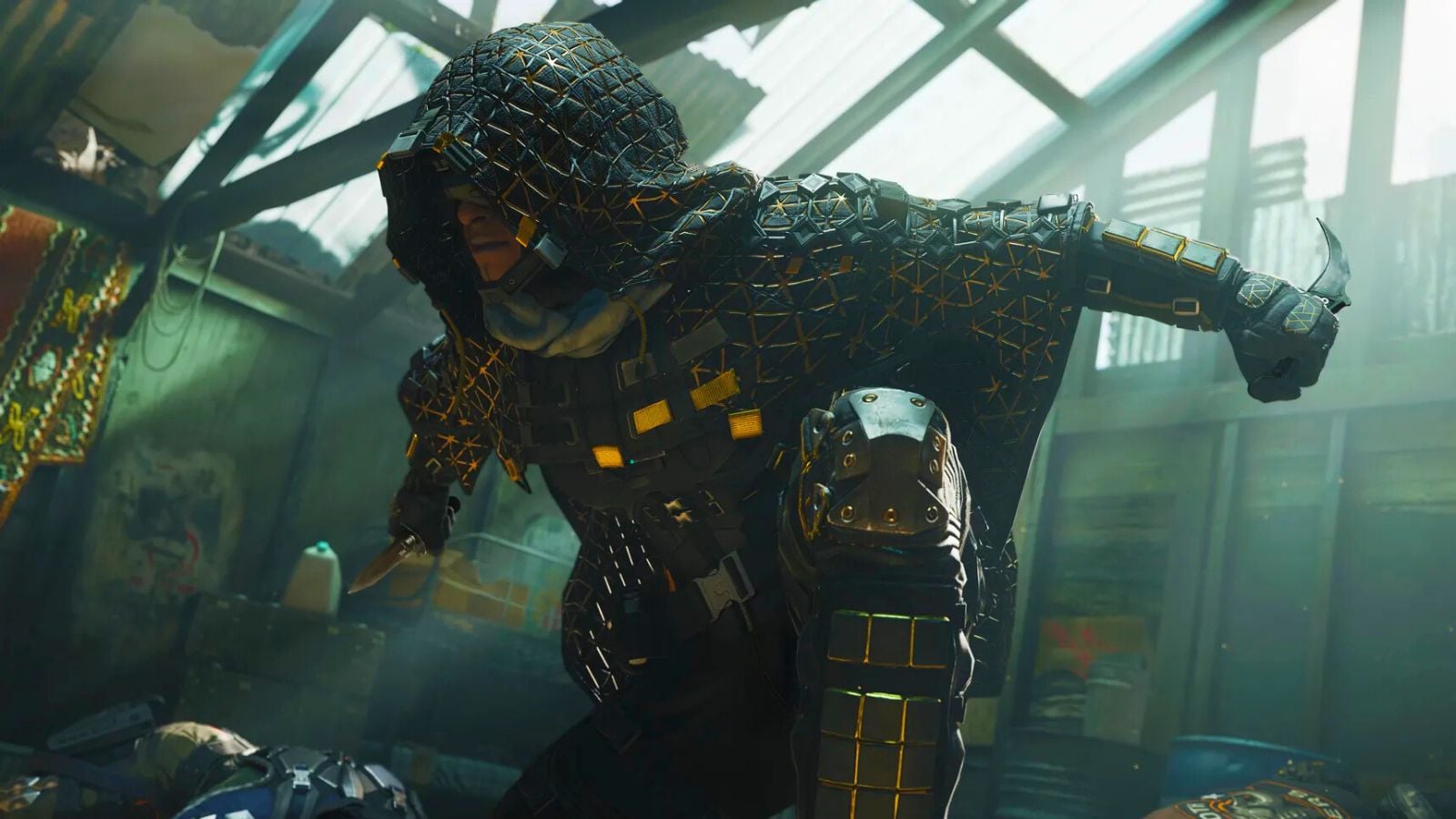
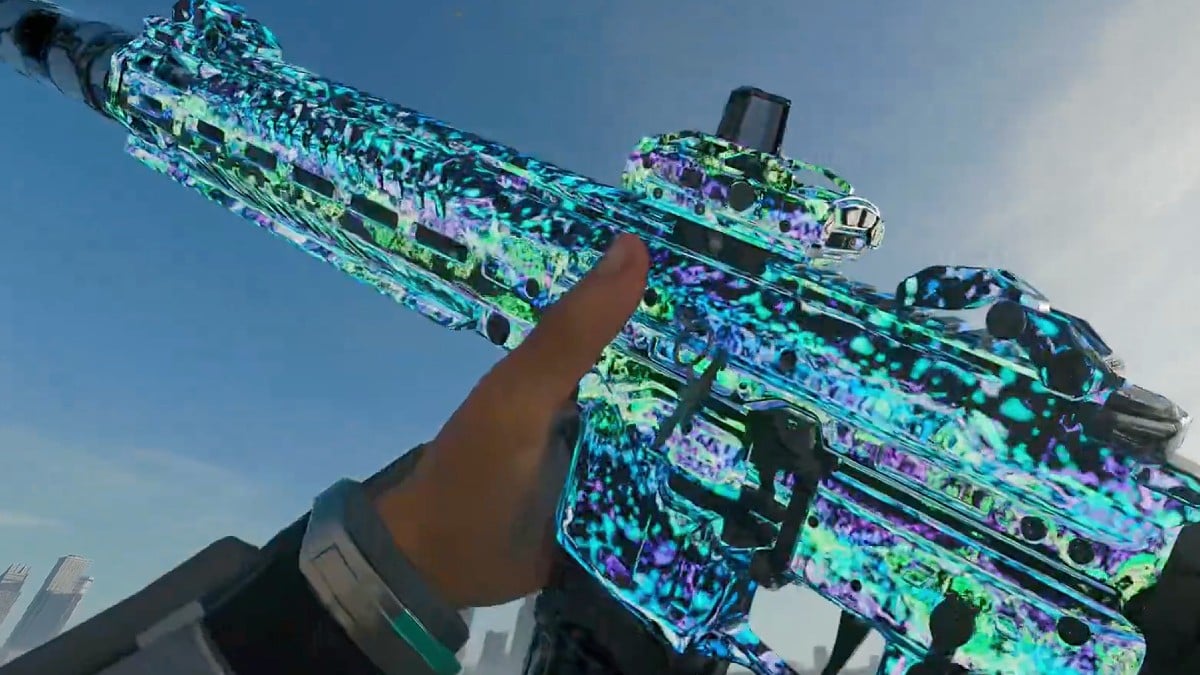
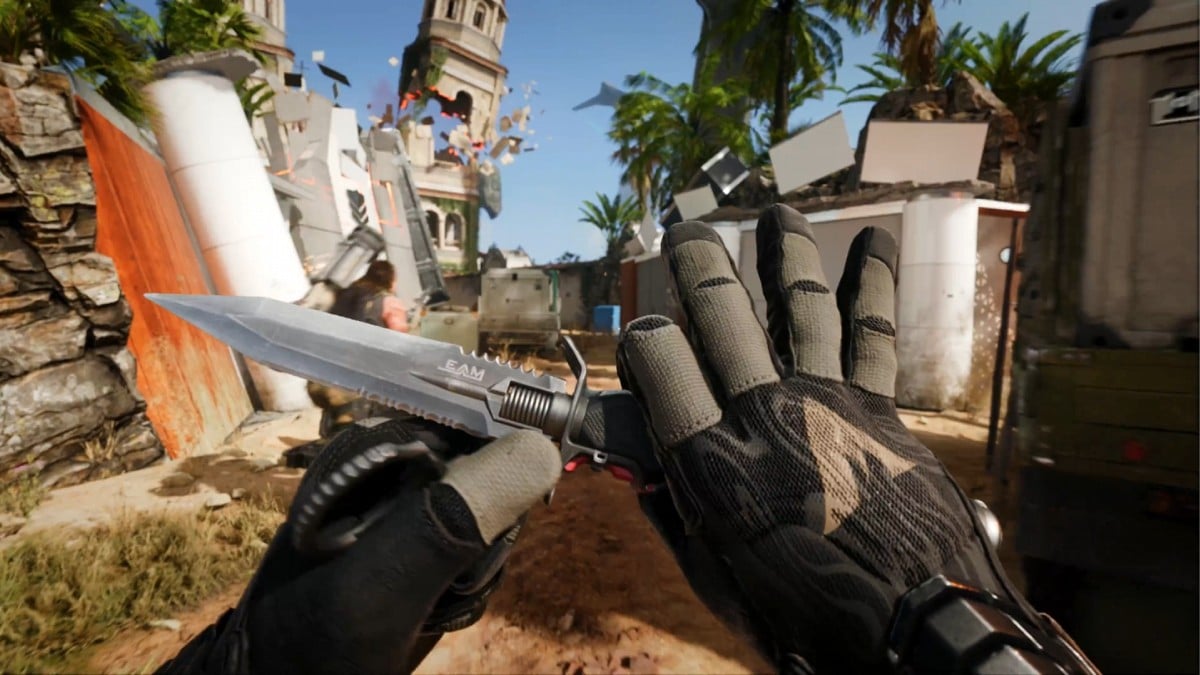
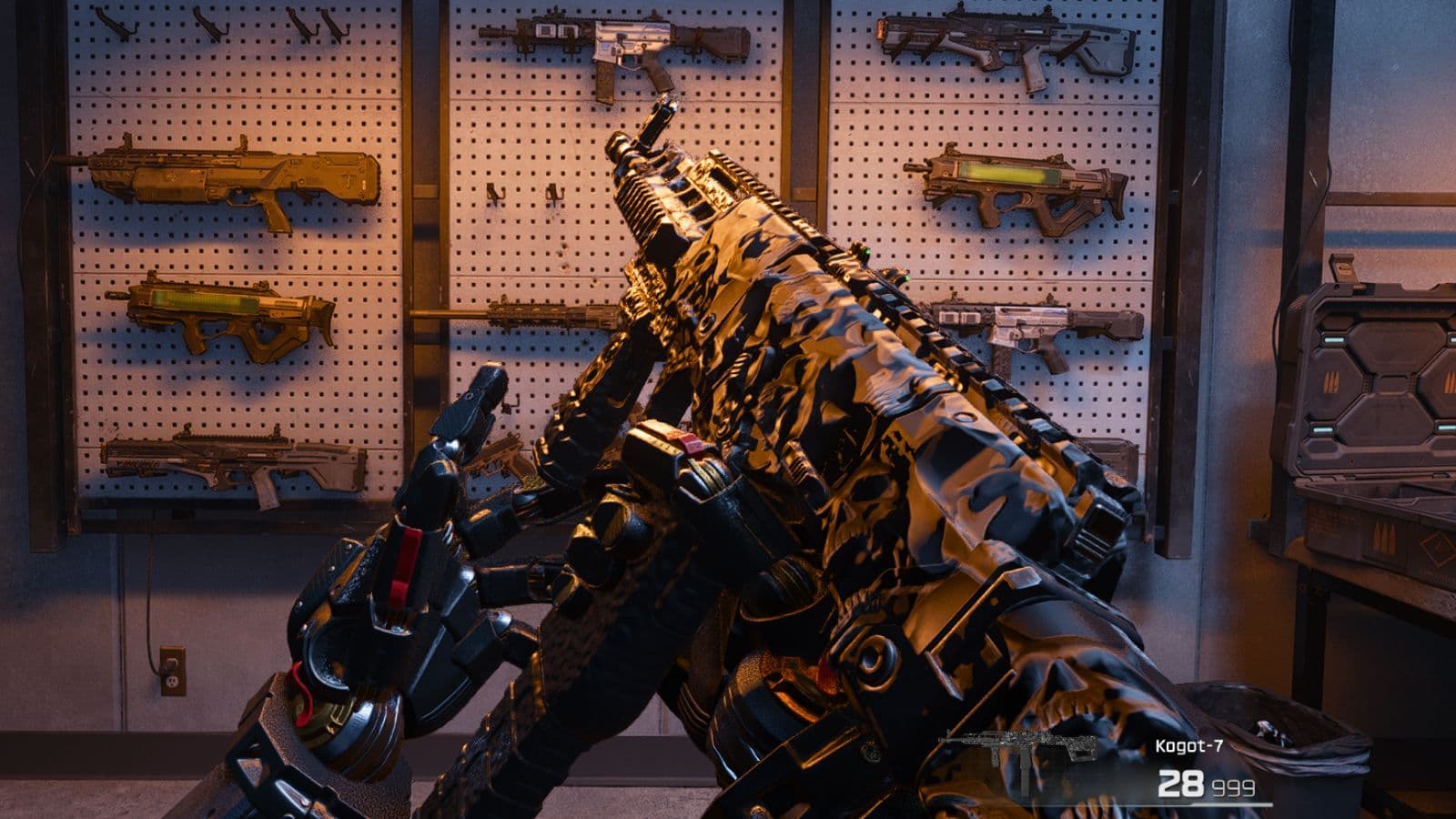
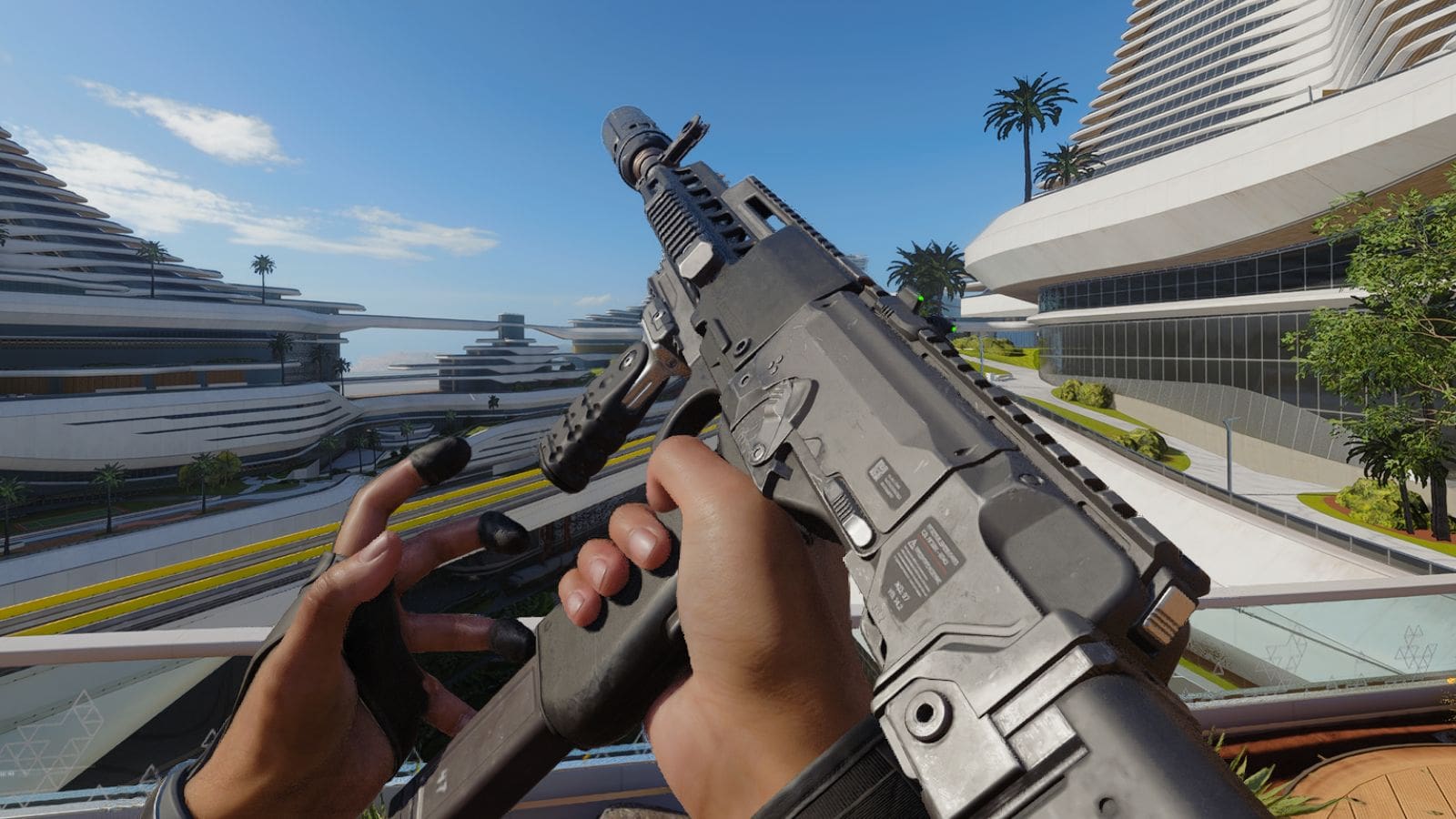
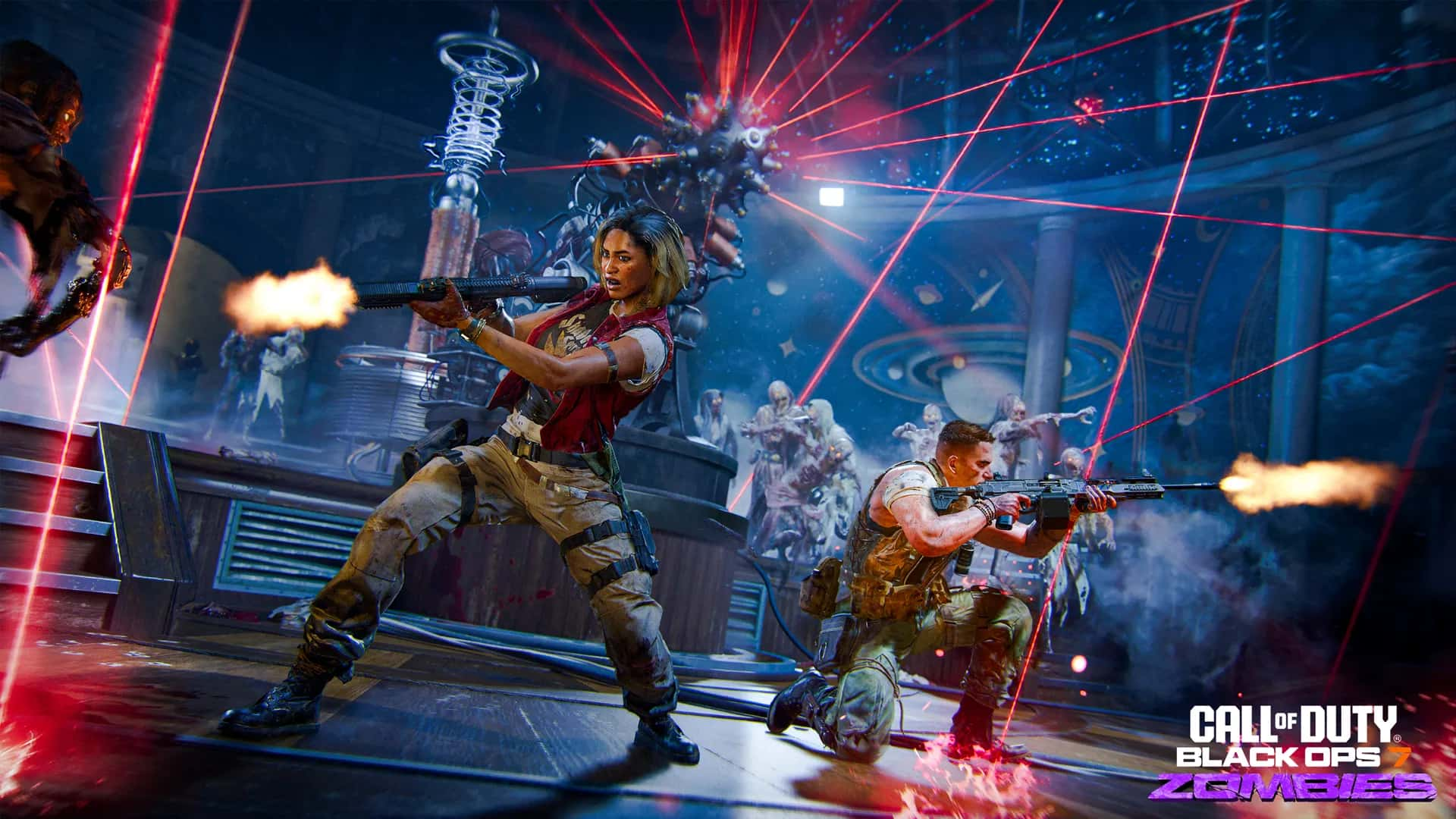
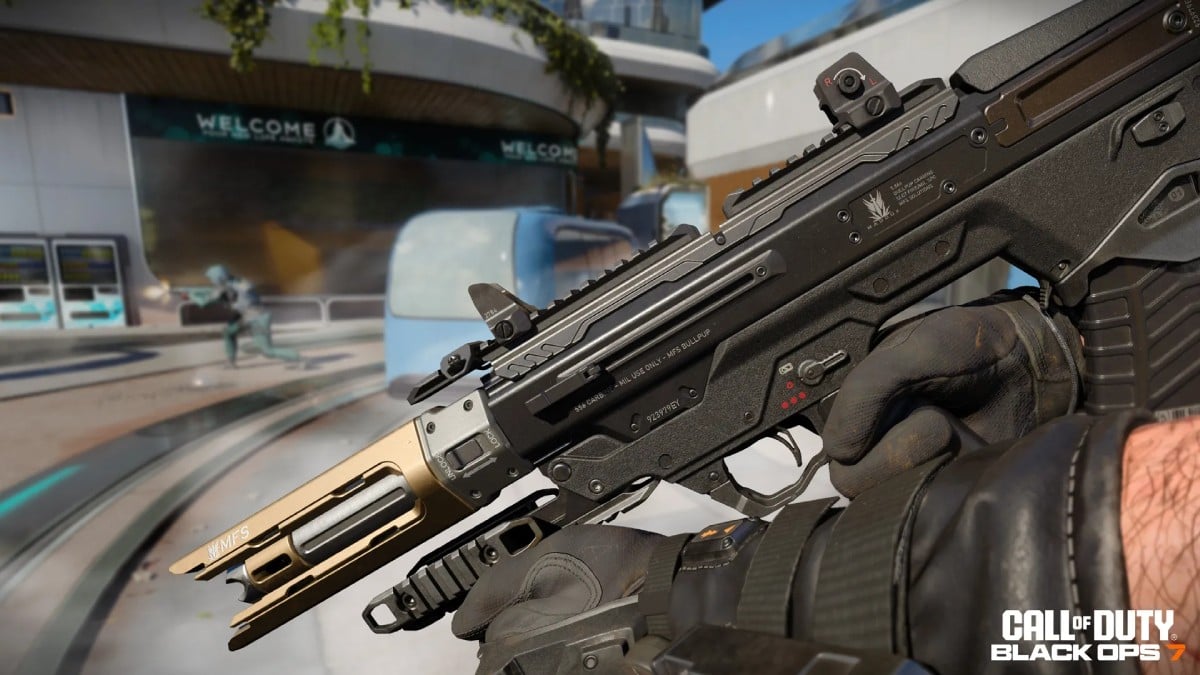
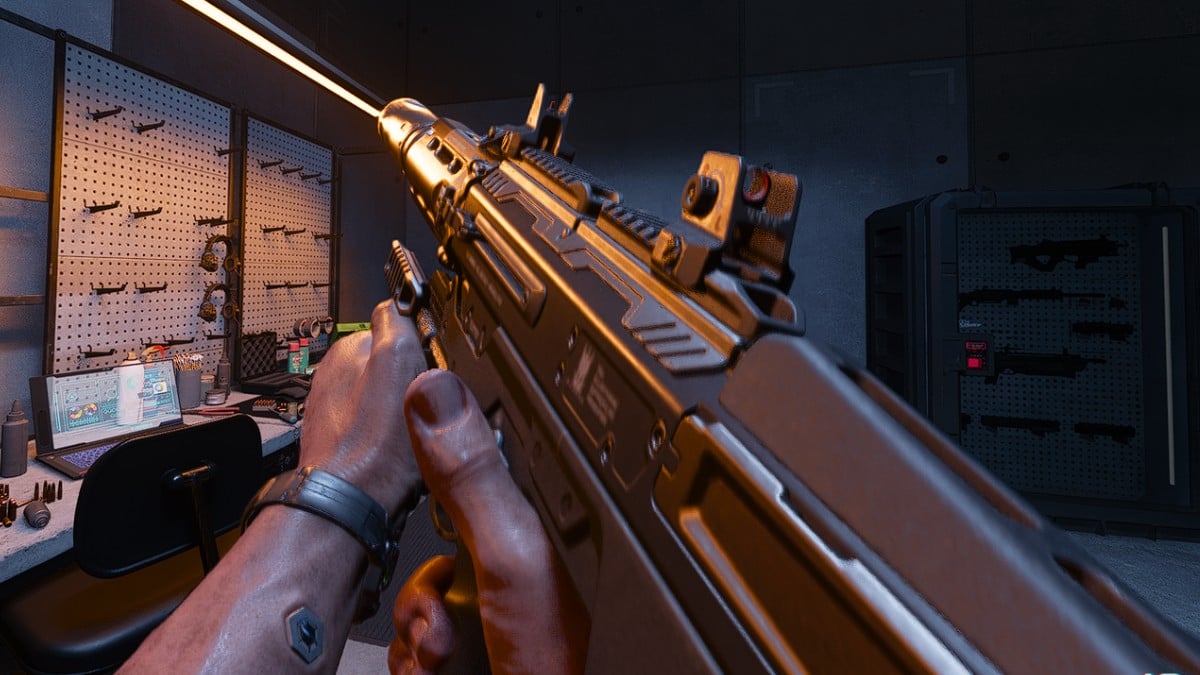
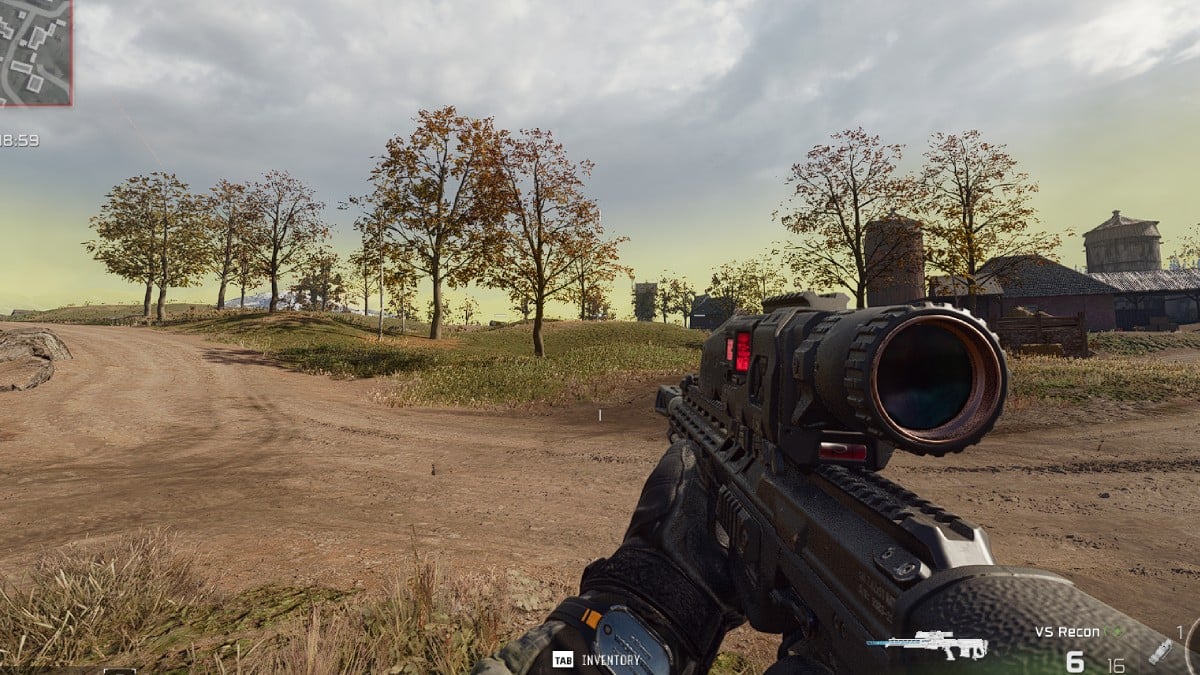
Published: Oct 19, 2017 03:23 pm